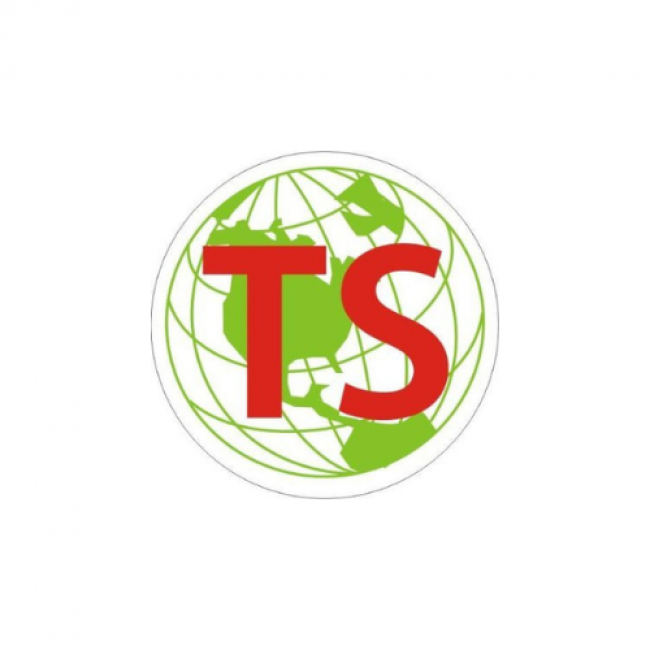
Introduction:
Embarking on a career in a real estate agency is akin to setting sail on a journey through the dynamic landscapes of property transactions. It’s a profession marked by versatility, negotiation prowess, and a deep understanding of the market. However, for those considering stepping into the world of real estate agent careers, it’s crucial to understand what lies ahead. This comprehensive guide aims to illuminate the path for aspiring real estate agents, shedding light on the challenges, opportunities, and essential steps to navigate this thriving industry.
1: Recognising a Real Estate Agent's Function
At its core, the role of a real estate agent revolves around facilitating property transactions between buyers and sellers. Agents act as intermediaries, leveraging their expertise to ensure smooth transactions while representing the interests of their clients. From conducting market research to negotiating deals and handling paperwork, real estate agents wear multiple hats throughout the process.
2: Education and Licensing Requirements
Becoming a real estate agent requires meeting specific education and licensing criteria, which vary by state and country. Most jurisdictions mandate completion of pre-licensing courses, followed by passing a licensing exam. Additionally, joining a reputable real estate agency often entails further training and mentorship programs to hone essential skills.
3: Building a Strong Foundation
Success in real estate agent careers hinges on building a robust foundation of knowledge and skills. This includes developing a deep understanding of local market trends, honing negotiation techniques, and mastering effective communication strategies. Additionally, cultivating a strong network of clients, colleagues, and industry contacts is instrumental in establishing a thriving career.
4: Embracing the Hustle
Real estate agency is not for the faint of heart. It’s a profession that demands resilience, adaptability, and a relentless work ethic. Agents often find themselves navigating fluctuating market conditions, fierce competition, and demanding client expectations. Embracing the hustle entails staying proactive, staying abreast of industry developments, and consistently seeking new opportunities to grow.
5: Leveraging Technology and Marketing Tools
In today’s digital age, technology plays a pivotal role in the real estate industry. From virtual property tours to sophisticated marketing platforms, agents have access to an array of tools to streamline their processes and reach a broader audience. Embracing technology and leveraging effective marketing strategies are key to staying ahead in a competitive market.
6: Navigating Challenges and Overcoming Obstacles
Real estate agent careers are not without their challenges. From navigating complex legal regulations to managing client expectations and handling rejection, agents must possess resilience and problem-solving skills to overcome obstacles. Moreover, maintaining a positive mindset and seeking support from peers and mentors can be instrumental in overcoming setbacks.
7: Achieving Success and Growth
Success in real estate agency is defined by more than just closing deals. It’s about building long-term relationships, earning trust, and consistently delivering exceptional service. As agents gain experience and establish themselves in the industry, opportunities for growth and advancement abound. Whether it’s expanding into new markets, specializing in niche areas, or mentoring the next generation of agents, the potential for success is limitless.
8: Cultivating Professional Relationships
In the realm of real estate agent careers, the value of professional relationships cannot be overstated. Building strong connections with clients, fellow agents, lenders, attorneys, and other industry professionals is essential for success. These relationships not only facilitate smoother transactions but also open doors to new opportunities and referrals. Nurturing these connections through regular communication, networking events, and genuine acts of goodwill fosters a thriving ecosystem within the real estate community.
9: Continuing Education and Skill Enhancement
The real estate market is always changing due to the introduction of new technology, shifting consumer preferences, and alterations in laws. To stay ahead of the curve, real estate agents must prioritize ongoing education and skill enhancement. This may involve attending workshops, pursuing advanced certifications, or participating in professional development programs offered by industry associations. By staying informed and continuously refining their skills, agents can adapt to changing market dynamics and maintain a competitive edge.
10: Ethical Considerations and Professional Integrity
Maintaining the highest ethical standards is paramount in the practice of real estate agency. Agents are entrusted with significant responsibilities, including handling sensitive financial information and representing their clients' best interests. Upholding professional integrity, honesty, and transparency not only builds trust with clients but also enhances the reputation of the entire industry. Adhering to ethical guidelines and codes of conduct set forth by regulatory bodies demonstrates a commitment to serving clients with integrity and professionalism.
11: Balancing Work and Life
Achieving success in real estate agent careers often requires a significant investment of time and effort. However, it's essential to strike a balance between work and personal life to prevent burnout and maintain overall well-being. Establishing boundaries, prioritizing self-care, and carving out time for leisure activities are vital for maintaining a healthy work-life balance. Additionally, implementing time management strategies and delegating tasks when necessary can help agents optimize their productivity while still enjoying a fulfilling personal life.
12: Embracing Diversity and Inclusion
The real estate industry serves a diverse clientele, encompassing individuals from various backgrounds, cultures, and walks of life. Embracing diversity and inclusion not only enriches the profession but also enhances agents' ability to connect with a wide range of clients. By fostering an inclusive environment and embracing cultural competence, real estate agents can effectively navigate diverse market segments, build trust with clients, and foster meaningful relationships within their communities.
13: Training and Licensing:
Before you can dive into the real estate market, you'll need to undergo training and obtain the necessary licenses. This typically involves completing pre-licensing courses, passing state exams, and potentially undergoing additional training provided by your brokerage.
Conclusion:
Starting a career in real estate agency is an exhilarating journey filled with opportunities for growth, challenges to overcome, and meaningful connections to cultivate. By embracing the complexities of the profession, investing in education and skill development, and prioritizing integrity and ethical conduct, aspiring real estate agents can embark on a path toward success and fulfillment. With dedication, perseverance, and a commitment to serving clients with excellence, the possibilities in the realm of real estate agent careers are endless.
















